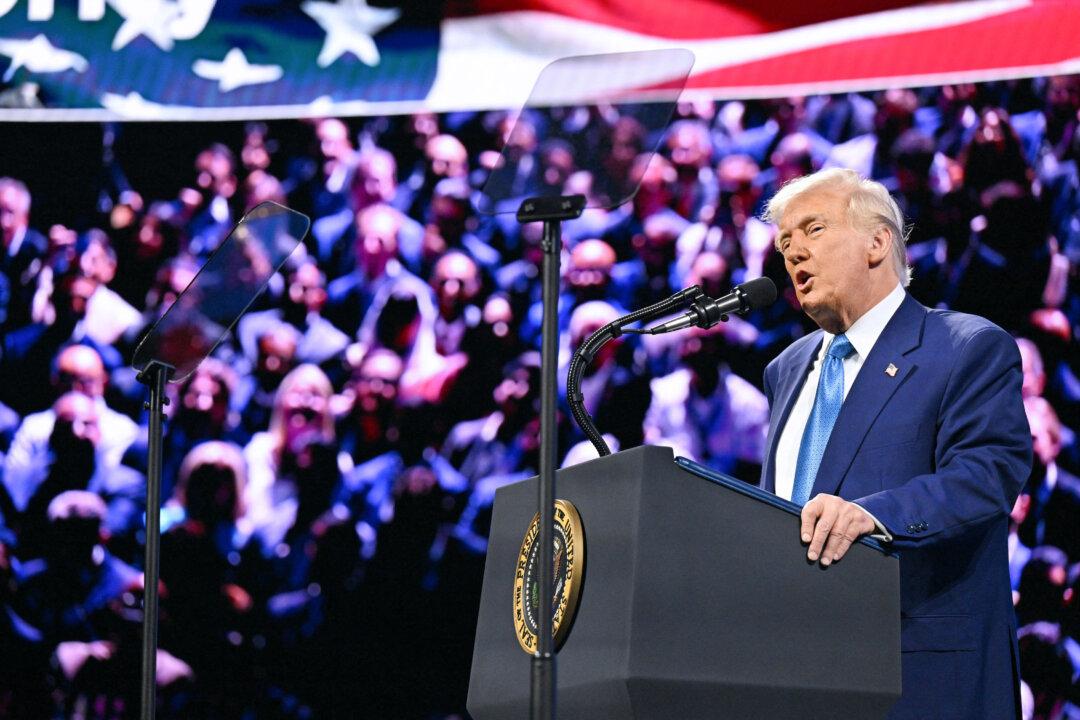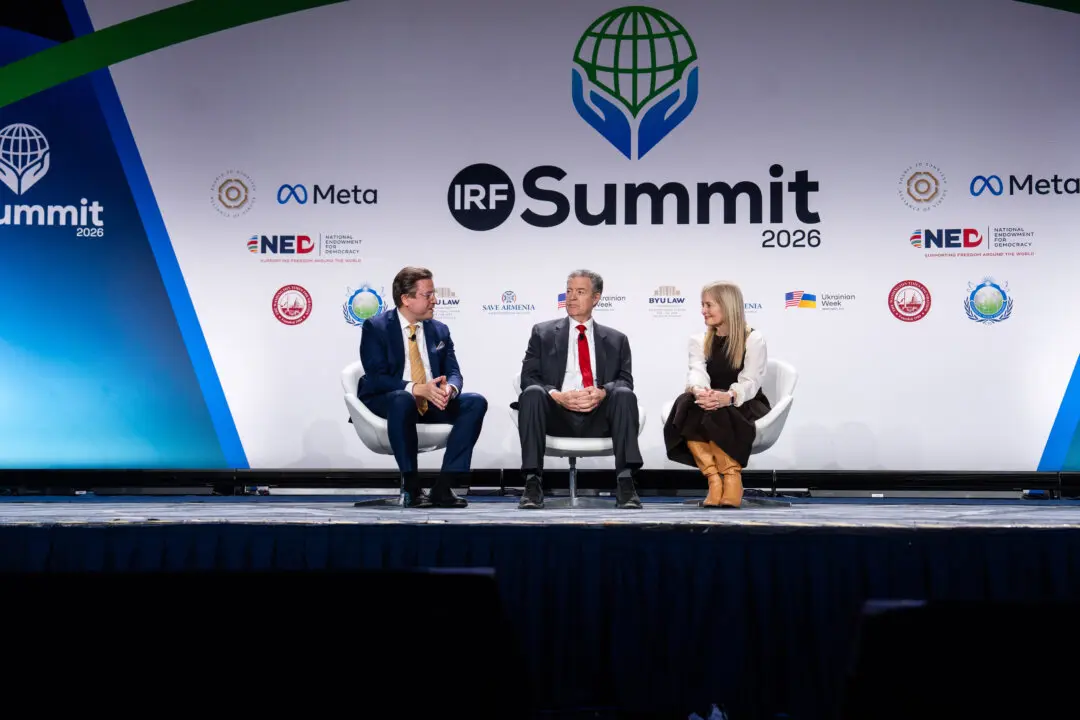A month into his second administration, President Donald Trump has signed dozens of executive actions and advanced key policies that are reshaping both Washington and the office of the presidency.
These actions, taken within weeks of his retaking office, have made him one of the fastest-moving executives in U.S. history, although his opponents in Washington allege that some of his actions may be illegal.





